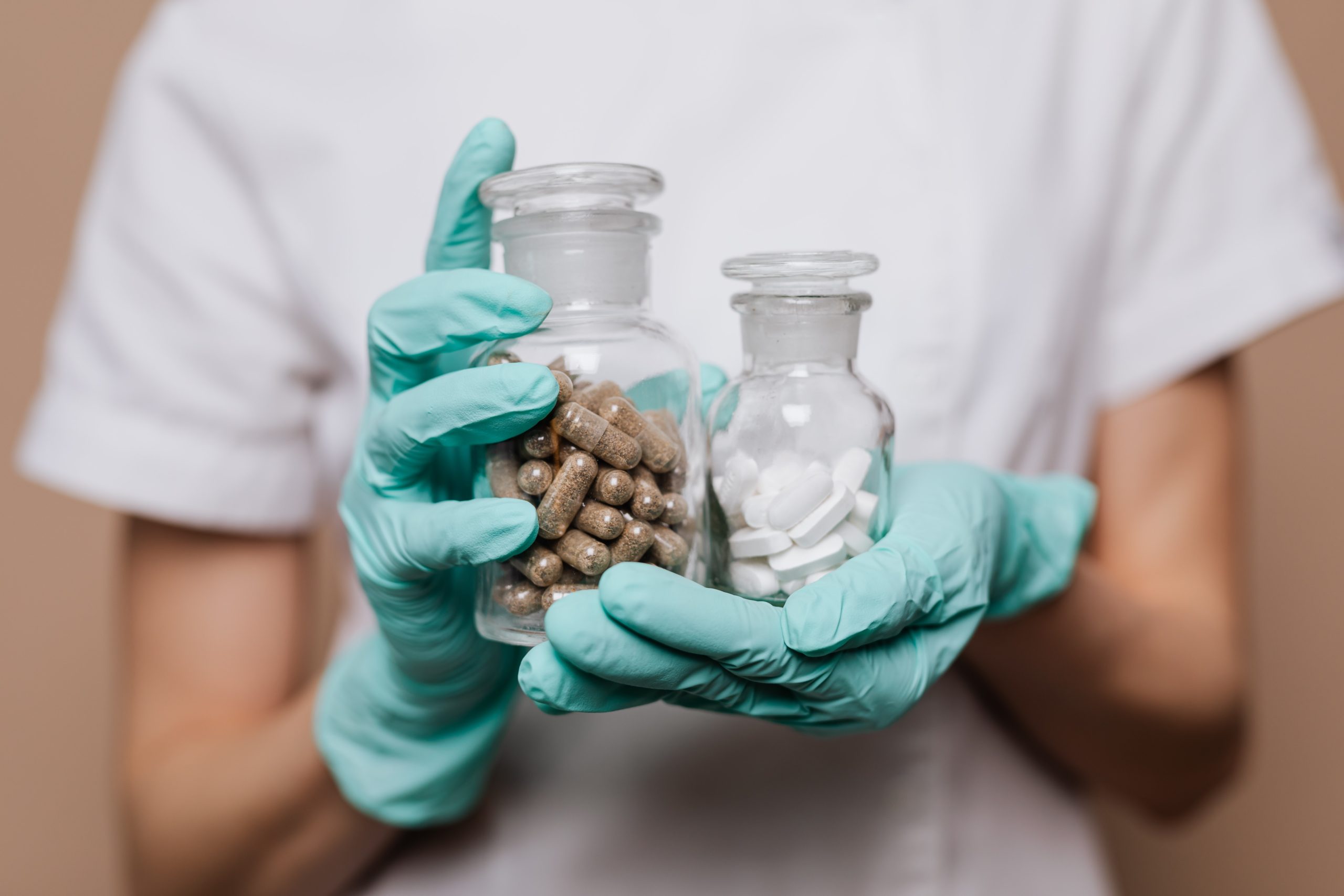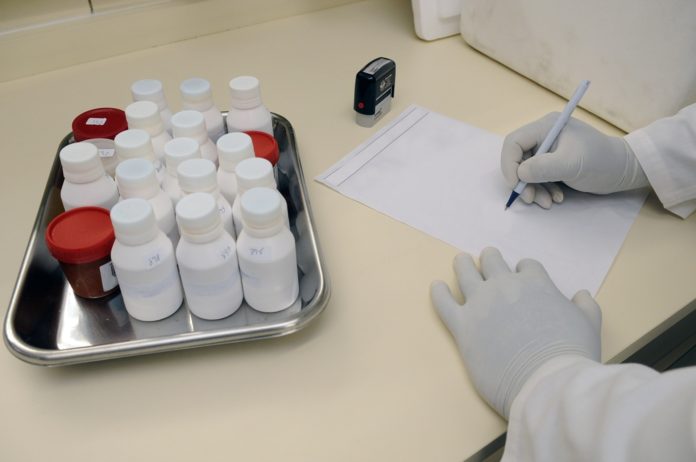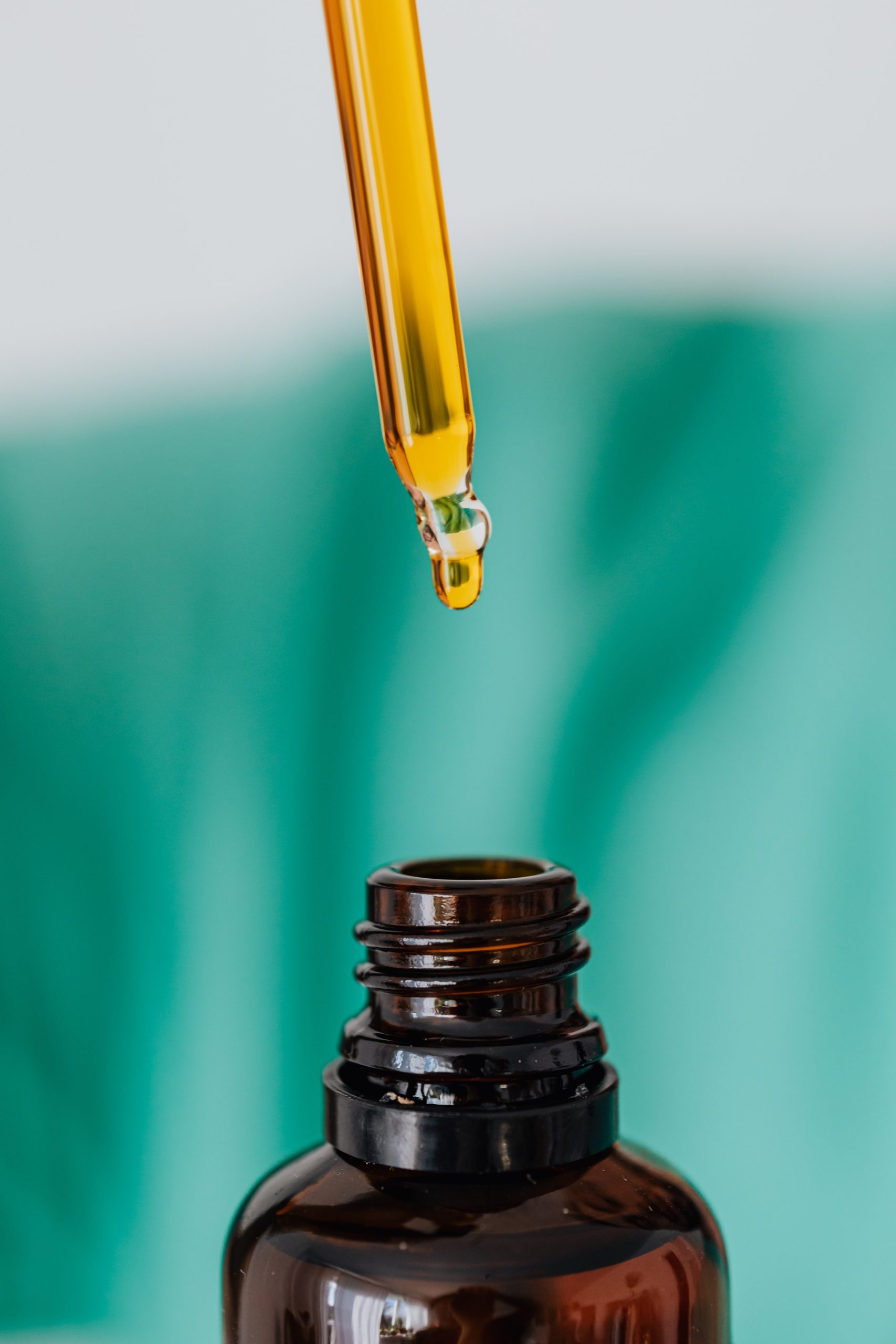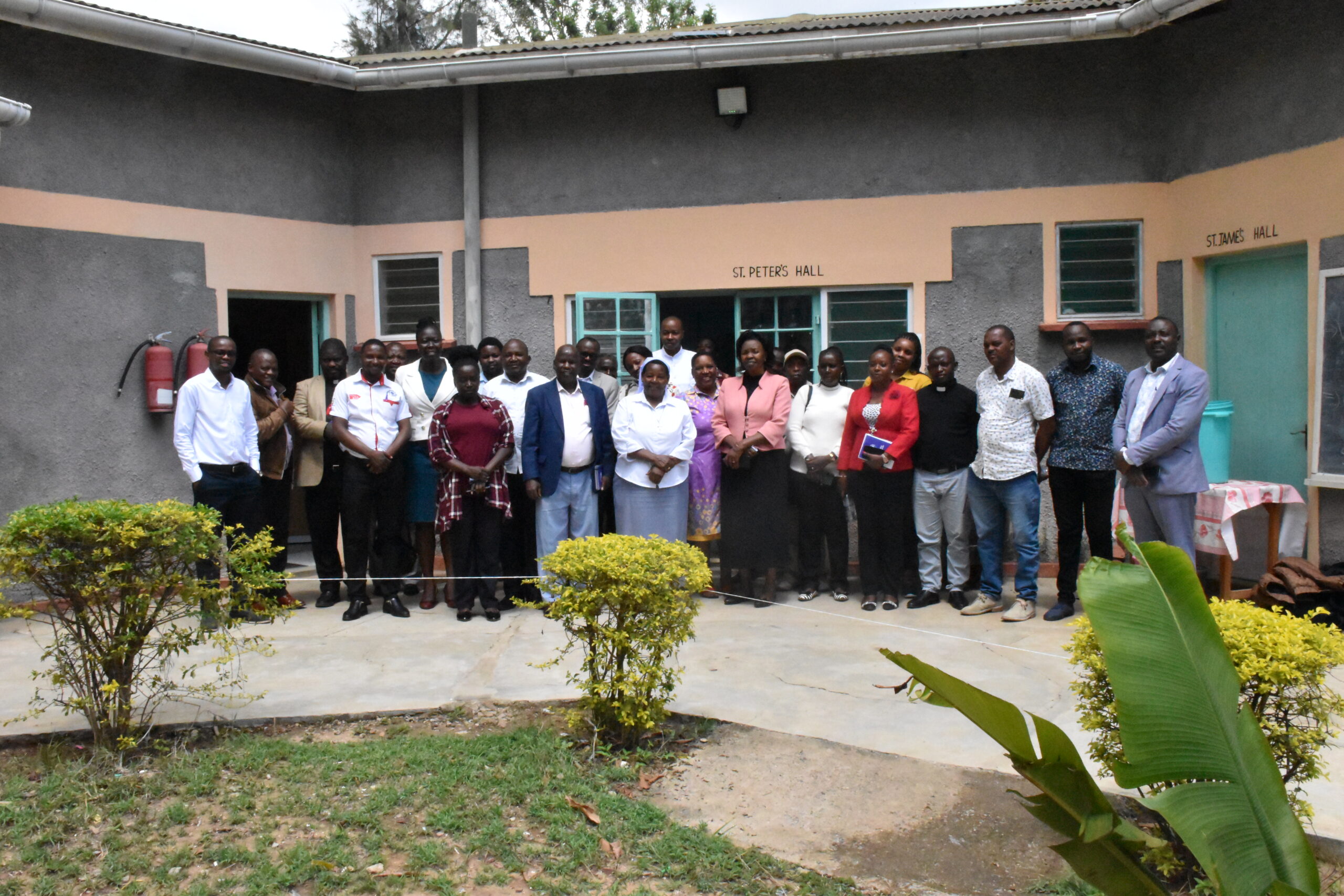By Mary Mwendwa
Nairobi, Kenya: Cancer patients in Asia and Sub-Saharan Countries can now breathe a sigh of relief after American Cancer Society (ACS) and the Clinton Health Access Initiative (CHAI) recently announced agreements with pharmaceutical companies Pfizer, Novartis, and Mylan to expand access to 20 lifesaving cancer treatments in 26 countries.
It has been noted that the purchases are expected to save an average of 59% for medicines procured through the agreements.
“With the rapidly growing burden of cancer in Africa, it is crucial that we improve and expand access to high-quality, affordable treatment. These agreements build on those announced in 2017 that have already delivered substantial savings and increased treatment availability in several countries, including Nigeria. By targeting the treatment needed for the cancers that cause the most deaths, these new agreements will help us to improve on the quality of lives and close the mortality gap for Africans with cancer,” said Professor Isaac Adewole, co-chair, African Cancer Coalition and former Health Minister of Nigeria.
 According to Racey Muchilwa, Head of Novartis sub-Saharan Africa, cancer drugs access partnership in Africa’s health sector will expand access to quality cancer care.” These agreements represent an important step forward in the fight against cancer in sub-Saharan Africa, and more also in Kenya.
According to Racey Muchilwa, Head of Novartis sub-Saharan Africa, cancer drugs access partnership in Africa’s health sector will expand access to quality cancer care.” These agreements represent an important step forward in the fight against cancer in sub-Saharan Africa, and more also in Kenya.
Muchilwa further says that Novartis will be providing 11 molecules in the CA agreement. Whereas seven molecules are unique to Novartis and 4 treatments can also be accessed by the other partners.
“This agreement is to expand access to quality, affordable treatment, while simultaneously strengthening the chemotherapy market in the region and addressing market challenges. Novartis, Pfizer, and Mylan will sell essential cancer treatments through government tender and hospital procurement mechanisms at an accessible price that is sustainable for the business” Muchilwa notes.
Purchasers are expected to save an average of 59% for medicines procured through the agreements, Patients and health systems in Africa currently pay highly variable prices for medicines. By working directly with high-quality manufacturers to contain mark-ups and organizing procurement, this collaboration will improve affordability and enable more patients to access treatment.
Through this collaboration, the Cancer Access Partnership is providing governments and public health hospitals substantial savings while improving the quality of available treatment. Compared to prices that procurement agencies have paid for products in the past, we estimate that they will save an average of 59% on the products they purchase under this agreement.
Medications included in the agreements cover recommended regimens for 27 types of cancer and enable complete chemotherapy regimens for the three cancers that cause the most deaths in Africa—breast, cervical, and prostate. These cancers are highly treatable and account for 38% of cancers in the countries covered in the agreements. The new agreements include both chemotherapies and endocrine therapies aligned to evidence-based guidelines harmonized for sub-Saharan Africa, and expand access to additional formulations, including those essential for treating childhood cancer.
“With cancer cases increasing at such a rapid rate in sub-Saharan Africa, access to affordable cancer treatment that meets the quality standards set by a stringent regulatory authority is imperative,” said William G. Cance, MD FACS, Chief Medical and Scientific Officer, American Cancer Society. “This collaboration has the potential to drastically impact access to care and save countless lives.”
Sub-Saharan Africa’s cancer burden is significant and growing. In 2018, there were an estimated 811,000 new cases of cancer and 534,000 deaths from cancer in the region. Cancer patients in sub-Saharan Africa are twice as likely to die as those in the United States, often due to late diagnosis and lack of access to treatment. Based on population aging alone, annual cancer deaths in sub-Saharan Africa are projected to almost double by 2030. The new agreements reach 23 countries in Africa, covering 74% of the annual cancer cases.
The new initiative includes Pfizer, Novartis, and Mylan, and will expand access to the priority medications and formulations in the agreements to additional countries.
All of the medications included in the agreements meet the quality standards set by a stringent regulatory authority such as the U.S. Food and Drug Administration (FDA) or the European Medicines Agency (EMA). These medicines will be available for purchase at newly and independently negotiated prices in the designated countries and the companies have committed to monitoring the impact of their respective agreements with CHAI.














